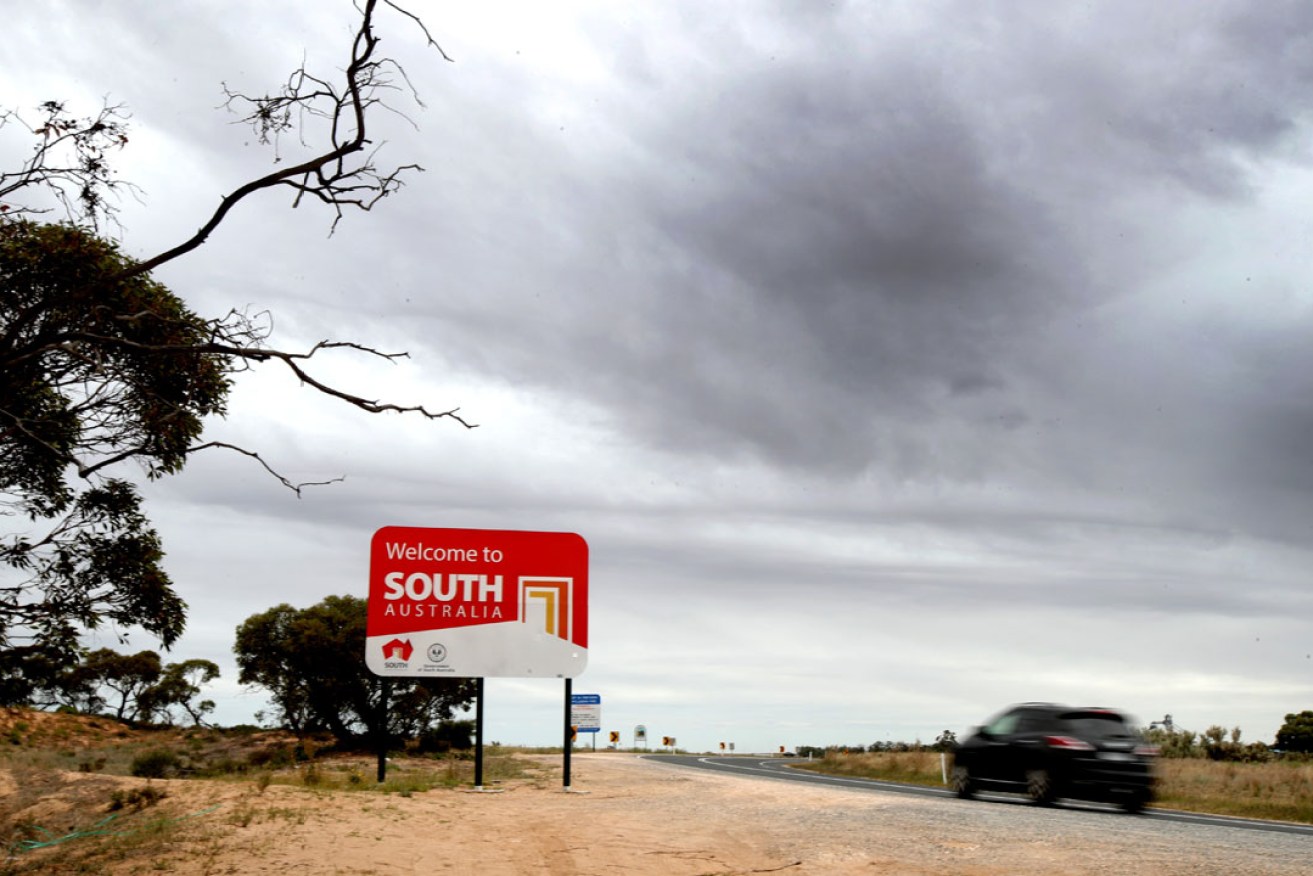Pandemic plugs SA’s brain drain – for now
It has taken a global pandemic to reverse the decades-long trend of working-age South Australians leaving the state for opportunities interstate and overseas. But will they stay once the crisis is over?

Photo: Kelly Barnes / AAP
The latest data from the Australian Bureau of Statistics shows that 28,464 people moved interstate from SA in 2019, and 12,718 people moved overseas.
That number will slow to a trickle this year, due to tight restrictions on interstate and international travel during the pandemic.
South Australians have consequently abandoned plans to move elsewhere, such as 17-year-old year 12 student Tyler, who told the SA Commissioner for Children and Young People that his future is now clouded in uncertainty.
“My plan before the crisis was to move interstate for study, and find a part time job, as well as renting my own apartment,” he said.
With a deadly virus running rampant overseas, not to mention a global economic collapse, even South Australians who have already left are making their way home.
Some have lost their jobs, while others wish to be close to family during a pandemic as travel becomes increasingly difficult.
“I do fear my family might get sick because my aunt works in the ICU and my mum works in aged care, and they both come home to my grandma,” one Europe-based expatriate considering a return told InDaily.
The charge for hotel quarantine is giving some expatriates pause, including 25-year-old Luke Warland, who moved to Canada in 2018 to work in the ski fields with his partner and is looking to return.
“My job was seasonal and terminated when everything closed,“ he said. “We actually extended our lease when we heard about the fees for quarantine in the hope they may subside.”
It’s a similar situation for those living in locked-down Victoria, with SA Police figures indicating border crossings from our eastern neighbour surged in the week prior to the hard border closure on July 30.
From July 24 to July 30, 12,866 people crossed from Victoria; a 120 per cent increase on the number of crossings in the first week of July, just before the hard border was announced.
South Australian Centre for Economic Studies executive director Michael O’Neil said SA’s relative success so far in containing the virus will also help retain most of the state’s young people, and that most returnees will be prepared to wear the cost of quarantine.
“I can’t see why any person would freely choose to apply for a job in NSW and Victoria, but some no doubt will,” he said.
The travel restrictions don’t solve South Australia’s demographic challenges however: although the state lost 3,861 more people interstate than it gained in 2019, that number is dwarfed by the 14,074 net increase from overseas arrivals.
A new study released this month by researchers from the University of Queensland and University of Melbourne envisioned a severe scenario of Covid-19 travel restrictions cutting SA’s expected population growth by roughly 50,000 people to 2030.
O’Neil warned that the halt on migration poses a host of challenges, some of them immediate.
“We’ll see a shortage of pickers and packers for horticulture agriculture as seasonal worker programs will be halted,” he said.
That further increases the importance of retaining local working-age South Australians and providing them opportunities, although O’Neil thinks deliberately encouraging expatriates to return is too risky given the virus.
“We will need to crank up major and mid-size investment programs for employment growth, I’m sure companies will be looking for new opportunities,” he said.
“Plus, the time is now, due to exposure of many systems and programs such as in aged care, for the further development of new technology and modernisation programs across the board.”
South Australian Minister for Innovation and Skills David Pisoni told InDaily the state government has launched the Seasonal Jobs SA campaign and website to connect local job seekers with agricultural opportunities.
“The reduction in international and interstate travellers who would normally take up these seasonal jobs has presented an opportunity for South Australians whose employment has been impacted by COVID-19,” he said.
Pisoni added that he is also targeting growth in “well-paying jobs” in health, defence, space, cyber security, and creative industries.
Professor John Spoehr, the Director of the Australian Industrial Transformation Institute, wants to see the federal government maintain JobKeeper at its present level for as long as is needed, and for the state government to contribute towards a substantial industry and jobs recovery package.
“South Australia has proven to be a very safe place to live during COVID-19,” he said. “If this continues it will influence the location decisions of both younger and older people.
“The critical variable in all of this will be availability of employment opportunities. The youth labour market has been devastated by COVID-19 and much needs to be done to repair the damage … we have to tackle sharply rising unemployment as aggressively as we have tackled the virus.”
Want to comment?
Send us an email, making it clear which story you’re commenting on and including your full name (required for publication) and phone number (only for verification purposes). Please put “Reader views” in the subject.
We’ll publish the best comments in a regular “Reader Views” post. Your comments can be brief, or we can accept up to 350 words, or thereabouts.
This article is supported by the Judith Neilson Institute for Journalism and Ideas.





